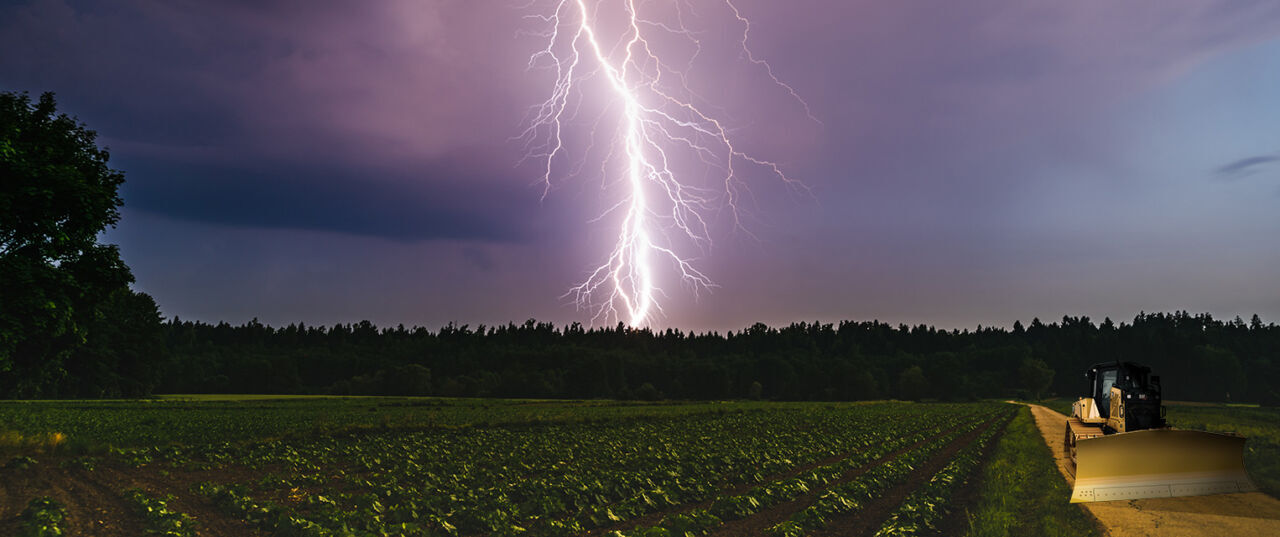Florida is known for its sunny weather, but it also has the highest number of lightning strikes in the country. Every year, Florida experiences an average of 1.4 million lightning strikes, most of them occurring in the summer months of June, July, and August.

Lightning can pose a serious threat to workers who spend a lot of time outdoors, especially in open spaces or near tall objects. Some of the occupations that face the highest risk of lightning strikes are: Logging; Heavy Equipment Operation; Plumbing and Pipe Fitting; Construction and Building Maintenance; Farming and Field Labor; Telecommunications Field Repair; Power Utility Field Repair.

Monitor weather conditions: Always check the weather forecast before you start your work. If there is any chance of thunderstorms or lightning in your area, postpone your work until the weather clears up. If you are already on the job site and see lightning nearby, stop working and seek shelter right away.
Avoid open areas: Lightning tends to strike the highest point in an area, so avoid working in open fields, lakes, or other bodies of water. If possible, move to a lower elevation away from tall structures or trees.
Keep a safe distance: If you are working during a thunderstorm, make sure you stay away from heavy equipment and other workers. Lightning can strike the equipment and send an electric shock through the ground to anyone who is close by. Keep at least 100 feet away from heavy equipment, and do not touch any metal parts of the equipment.
Seek shelter: If you are working outdoors and a thunderstorm approaches, find shelter right away. The best option is a sturdy building or a hard-topped vehicle. If you cannot reach shelter, stay low and away from tall or metal objects.
Know what to do if someone is struck by lightning: Lightning strikes can be fatal. They can stop the heart and lungs from working. If someone is struck by lightning, call 911 right away. If the person is not breathing or has no pulse, start CPR. If the person is breathing but unconscious, keep them lying down until help arrives.
In addition to staying safe during lightning season, you can take many other steps to protect yourself and your team on the job site. Ring Power offers Operator and Technician Training to help you work safely and productively in high-risk occupations. Their training programs cover a wide range of topics, such as equipment safety, maintenance, and operation. By investing in training, you can lower the risk of accidents and injuries on the job site, and improve productivity and efficiency.
 Copyright 2020 All rights reserved.
Copyright 2020 All rights reserved.